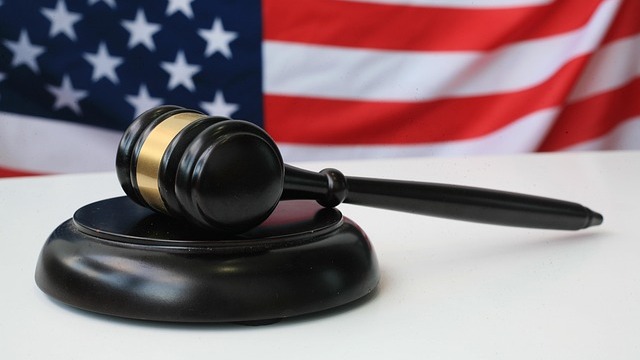
Understanding the Legal Landscape of Race Bias in Employment
In a significant case that underscores the complexities of race bias allegations in corporate America, a former attorney for Johnson & Johnson has initiated a lawsuit against the company, claiming racial discrimination during her tenure. The company, however, contends that the lawsuit lacks substantial facts and evidence to support these claims.
The Allegations: A Closer Look
The plaintiff asserts that she faced racial discrimination that hindered her career advancement, citing specific incidents that she believes exemplify a discriminatory culture at J&J. Accusations of this nature are not uncommon in today’s workplace, particularly as employees are becoming more vocal about inequities they experience. However, J&J argues that the accusations lack the factual basis required to support a legal claim under the Equal Employment Opportunity Commission (EEOC) guidelines.
The Importance of Facts in Bias Claims
When it comes to race bias suits, the burden of proof is pivotal. It is essential for claimants to provide concrete evidence to back their allegations. As legal counsel and HR professionals navigate these discussions, they must carefully assess claims against robust policies on workplace investigations and compliance with employment regulations. In this instance, the resolution hinges on factual substantiation, which the company argues is notably absent.
Implications for HR Compliance
This case serves as a crucial reminder for HR compliance officers and corporate policy writers about the importance of policy updates addressing hiring bias and ensuring pay transparency. Companies must actively foster inclusive environments that not only prevent bias but also ensure transparency and equality in their employment practices.
Conclusion: Eyeing Future Trends
As more employees voice concerns about workplace culture, businesses must remain vigilant about bias-related claims. Keeping abreast of labor laws and promoting ongoing training can mitigate risks and foster a more equitable workplace. Engaging with counsel on these matters will enhance understanding and compliance with labor laws, equipping HR professionals to handle such allegations competently.
 Add Row
Add Row  Add
Add 




 Add Row
Add Row  Add
Add 

Write A Comment